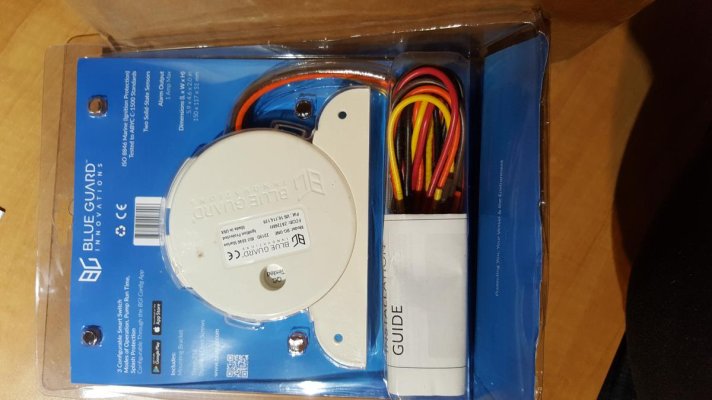Something I don't understand about insurance on older boats, cars etc. Why is liability cheaper than full coverage?
Looking at my policy for my '83 Californian
The boat is insured for the purchase price of $70K and that is the bulk of the premium. 69%.
Liability coverage is $1 mil and that is a much smaller part of the premium. 31%.
Why is the underwriter is charging more for a relatively small $70K risk than the larger $1 mil liability risk.
On the subject of liability only. Do make sure if you go that route you are covered for pollution. Boats old and new sink. Old fuel tanks leak and auto bilge pumps will happily pump the fuel overboard. In Washington state the maximum responsibility for pollution from recreational boats is capped at $939,800. I wouldn't be surprised to find that a significant spill will hit $939,800 very quickly. I witnessed the clean up effort from a fuel transfer aboard a boat gone wrong. Booms were brought in and deployed, skimmers used to pick up the bulk of the fuel, absorbent material for the rest. All of that had to be collected into a large lined dumpster then disposed of properly. Not all of the fuel was caught in the booms and had to be dealt with. Shoreline clean up, boat clean up etc. It was quite an effort and took a fairly large crew.

